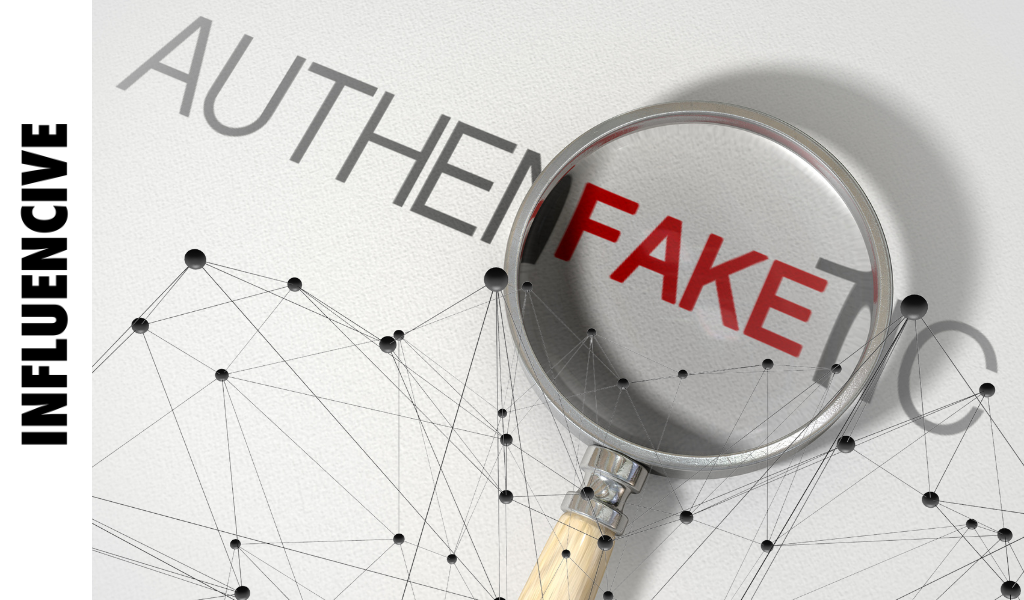The United Nations Office on Drugs and Crimes says that “as a global, multi-billion-dollar concern, there is a strong link between counterfeiting and transnational organized crime.” The goal of their campaign is to inform the public. When consumers buy counterfeit, they are funding crime.
Counterfeiting has grown from a $30B trade problem in the 1980s, and now exceeds $600B in trade. Trade data trends suggest that this number could soon rise to over $1.8 trillion, which is more than the gross domestic product of most countries.
From Silk Road Origins to Fighting Organized Crime
Cryptocurrency often gets lumped in with the potential for illicit activities due to the infamous Silk Road, a clandestine marketplace for the buying and selling of (mostly) illicit substances with bitcoin. Ulbricht, the man behind the project, claimed that when he started working on Silk Road in 2010, it was never his intention to enable the creation of the black market it would become. Still, it was the first use case for Bitcoin, and put cryptocurrency in the hands of many people.
Things have changed, and now Blockchain technology may be used to help fight organized crime. Near Field Communication (NFC) technology is rooted in radio frequency identification (RFID) technology and allows hardware to supply power to and communicate with an otherwise unpowered tag. This is used for identification and authentication tracking.
Agami NOA Chip Technology
Agami has developed a patented Offline NFC authentication protocol that gives smartphone users quick and frictionless authentication capabilities. They developed a protocol that provides physical products the ability to be backed by a non-fungible token (NFT) that cannot be counterfeited.
The Counterfeit industry is not just present in Chanel and Gucci. It has its dirty fingers in pharmaceuticals, automotive parts, and even FIAT currency. In many countries, people are living in forced labor because of the counterfeit market.
Our technology is built to help #EndModernSlavery. As we continue to build, we'll be rolling out our NOA Tag™ embedded products.
Read more about our tech on our website. pic.twitter.com/2R1Ea8lGoF
— AGAMI (@agami_co) November 3, 2022
Agami hopes to help combat this problem by providing their Agami NOA chip at an affordable price. The NOA Chip will provide anyone with a smartphone the ability to authenticate a product.
NOA Chip stands for “NFC Offline Authenticator Chip.” This NFC Technology is manufactured with a 2-Factor Authentication Protocol that guarantees secure integration to the physical product’s digital certificate of authentication. Luxury products usually require an app download to access or authenticate a digital product. This requires users to endlessly download new apps or just forgo the verification process all together. Agami offers an App-less design to avoid losing users in the process.
Watches, antibiotics, sneakers, and more may soon incorporate this technology. The nasty reputation of bitcoin and the Silk Road may soon give way to the true power of blockchain technology and its ability to authenticate.
This is a Contributor Post. Opinions expressed here are opinions of the Contributor. Influencive does not endorse or review brands mentioned; does not and cannot investigate relationships with brands, products, and people mentioned and is up to the Contributor to disclose. Contributors, amongst other accounts and articles may be professional fee-based.

